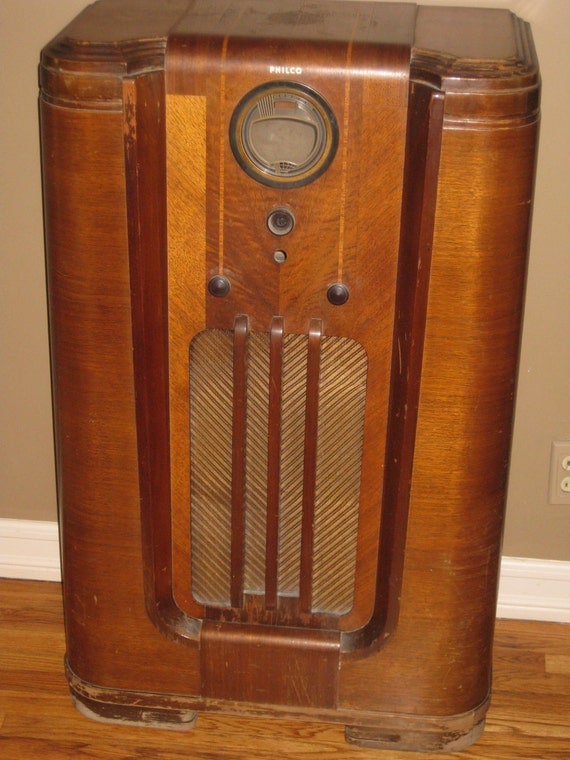 Don’t read past the song. Just listen to it as if experiencing it for the first time. Imagine turning on a 1940s radio, prominent before the living room couch as
if it were a television set. You sit down with the newspaper, a book, homework spread across the floor, knitting in your lap, or the
parts of a model airplane fighter, strewn out across the floor—the air redolent of
glue.
Don’t read past the song. Just listen to it as if experiencing it for the first time. Imagine turning on a 1940s radio, prominent before the living room couch as
if it were a television set. You sit down with the newspaper, a book, homework spread across the floor, knitting in your lap, or the
parts of a model airplane fighter, strewn out across the floor—the air redolent of
glue.
And this song come on:
Thanks to The Merry Macs, this hit the number one slot in March 1944. People rushed
out to be the sheet music—to play at home or for company.
Perhaps you heard scatting, or perhaps you picked up thelyrics. People who have heard the song before the lyrics are surprised there
are lyrics:
Mares eat oats
and does eat oats
and little lambs eat ivy.
A kid'll eat ivy, too; wouldn't you?
I unfortunately read the lyrics first, expecting a secondary
sentence to arise from the same sounds. It took a minute to realize it was just
sense parading as nonsense. But this doesn’t fully encompass its purpose.
When I shared this with someone who lived through WWII, they
said, “Oh, yeah, of course, it was WWII.” This suggests this verbal game was not
just a game but a light-hearted distraction from the war. You can imagine
people educating friends on the real lyrics, “Now how does it go again? Mares
eat oats...?” That way they can learn, impress friends, distract them for an
hour, and pass it on. People were still passing on the song after the war.

No comments:
Post a Comment